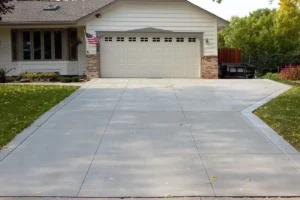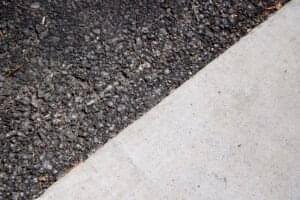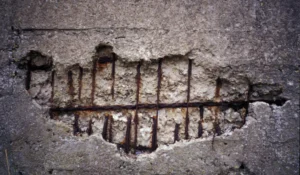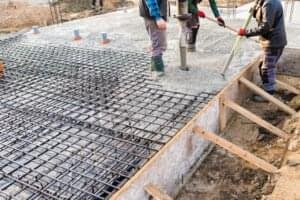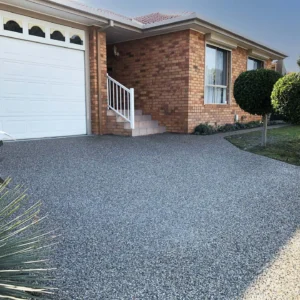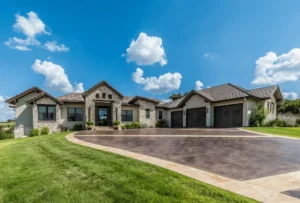Yes, concrete is generally more affordable than paving stones in terms of initial installation costs. While pavers offer flexibility in design, they require more labor and materials, making them costlier upfront. Concrete provides a durable and cost-effective solution, especially for large areas.
If you’re considering a concrete or paver installation, trust the best concrete contractor in Greenville, SC. They provide expert workmanship and reliable service for driveway and patio installations, as well as other concrete projects
Best Paver Services In Greenville SC
Phone: (912) 361-6661
Email: info@greenvilleconcretecontractorshq.com
Durability and Longevity
1. Concrete
It is known for its strength but can crack, particularly in regions with freeze-thaw cycles. Without proper reinforcement, it may develop cracks due to ground movement or temperature changes. While minor cracks can be repaired, extensive damage might necessitate a full slab replacement, increasing maintenance costs over time.
2. Pavers
In contrast, they are more flexible, allowing them to shift slightly with ground movement, thus reducing the risk of cracking. If a paver is damaged, it can be replaced individually without affecting the rest of the installation. This makes pavers ideal for high-traffic areas like patios or driveways.
Maintenance and Long-Term Costs
1. Concrete Maintenance
It requires minimal upkeep, including regular sweeping, occasional pressure washing, and resealing every few years. However, it can develop cracks and stains over time. Resealing helps protect the surface but does not prevent significant cracks, which can be costly to repair if a complete slab replacement is needed.
2. Paver Maintenance
They are similarly low-maintenance. The sand between pavement may need occasional replenishing to prevent weed growth. Stains are generally easy to remove, and if any paved surface becomes damaged, it can be swapped out without disturbing the rest of the installation. For those seeking low-maintenance options with easy repair, they are often preferred.
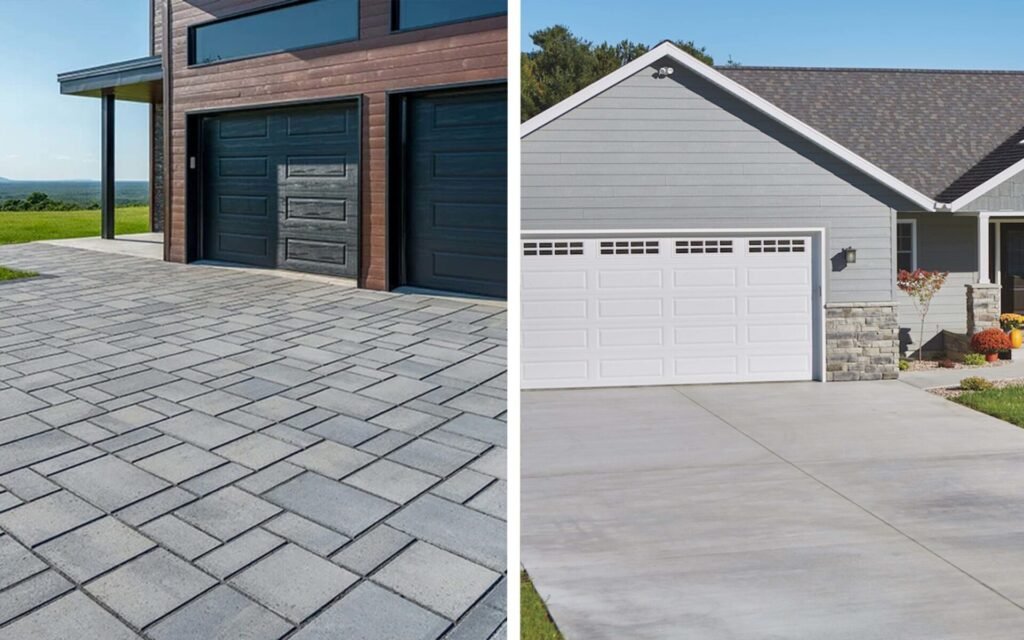
Aesthetic Appeal
1. Concrete
Cement can be customized to mimic the look of stone or brick through techniques like stamping, staining, or coloring. These customizations can increase the overall cost, but they offer homeowners a variety of looks. However, even with decorative options, concrete’s aesthetic remains somewhat limited compared to the range of styles available with pavers.
2. Pavers
Paved surfaces excels in providing diverse design possibilities with numerous colors, textures, and patterns. Their adaptability makes them highly customizable for unique landscaping designs. If you want to create a luxurious or rustic outdoor space, pavement can provide that edge.
Initial Costs
1. Concrete
The price of poured concrete is typically lower due to its straightforward installation process. On average, basic costs range from $4 to $8 per square foot. However, if you’re interested in customization options such as stamping, coloring, or staining, the cost can rise significantly to $10 to $15 per square foot. These additions require extra labor and materials, which can impact your budget.
2. Pavers
On the other hand, pavement generally come with a higher upfront cost, costing around $10 to $20 per square foot. This pricing varies depending on the type of stone and the complexity of the design. While pavers are more expensive, they provide a variety of colors, shapes, and textures, allowing for unique customization.
When to Choose
1. Concrete
It is ideal for large surfaces such as driveways or expansive concrete patios, particularly when cost efficiency and durability are priorities. With added customizations, cement can create a polished, cohesive look for functional areas.
2. Pavers
They are a great option for concrete sidewalks, garden paths, or other high-traffic areas where customization is important. For spaces that serve as focal points, paved surfaces offer more aesthetic and functional benefits than concrete.
Cost vs. Value
1. Concrete
It has a lower initial cost, appealing to budget-conscious homeowners. It works well for projects where functionality outweighs visual appeal, though customizations can add value.
2. Pavers
Paved surfaces involve a higher upfront investment but are easier to repair and maintain. For homes where appearance and longevity are key, they provide more value through versatility and durability.
Contact Greenville Concrete Company: Offering Concrete And Paving Services
Contact Concrete Contractor Greenville for professional concrete and paving services. Whether you’re considering a durable concrete driveway or a cost-effective patio solution, their team ensures quality installation tailored to your needs. Get Free Quote Now!
Frequently Asked Question(s)
Cement option is prone to cracking in freeze-thaw cycles, while the pavement allows slight movement, making it more resilient to ground shifts.
Both need occasional cleaning and sealing, but pavement allows for easy replacement of damaged sections without affecting the entire surface.
While cement can be stamped, colored, or textured, the pavement offers a wider variety of shapes, patterns, and colors for a more distinct look.
Some surfaces are non-permeable, leading to runoff issues, while certain alternatives are designed to allow water to pass through, reducing puddles and flooding risks.
